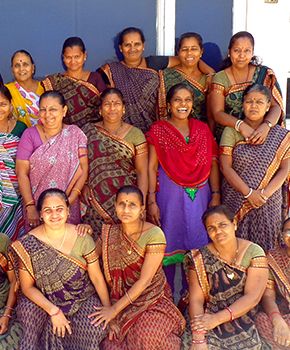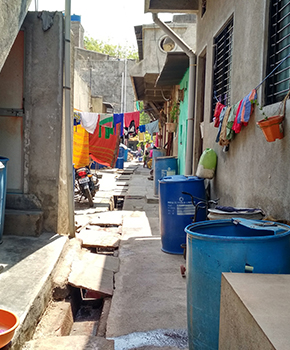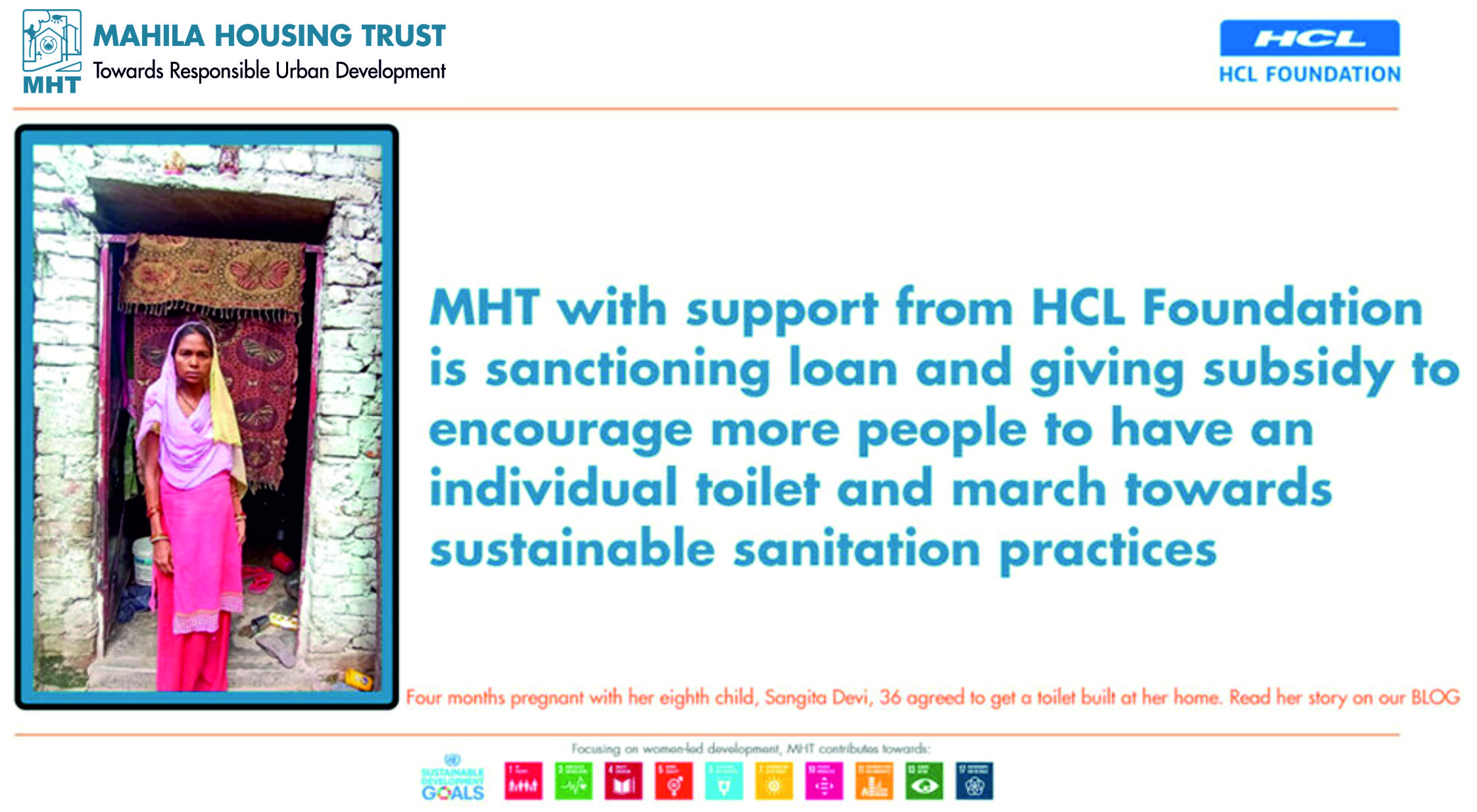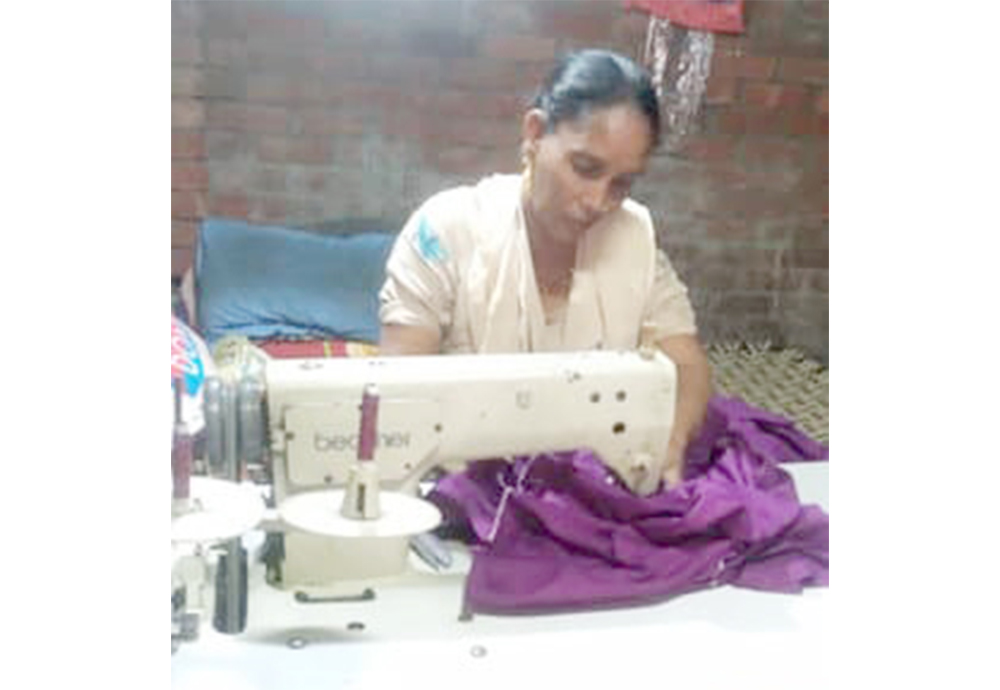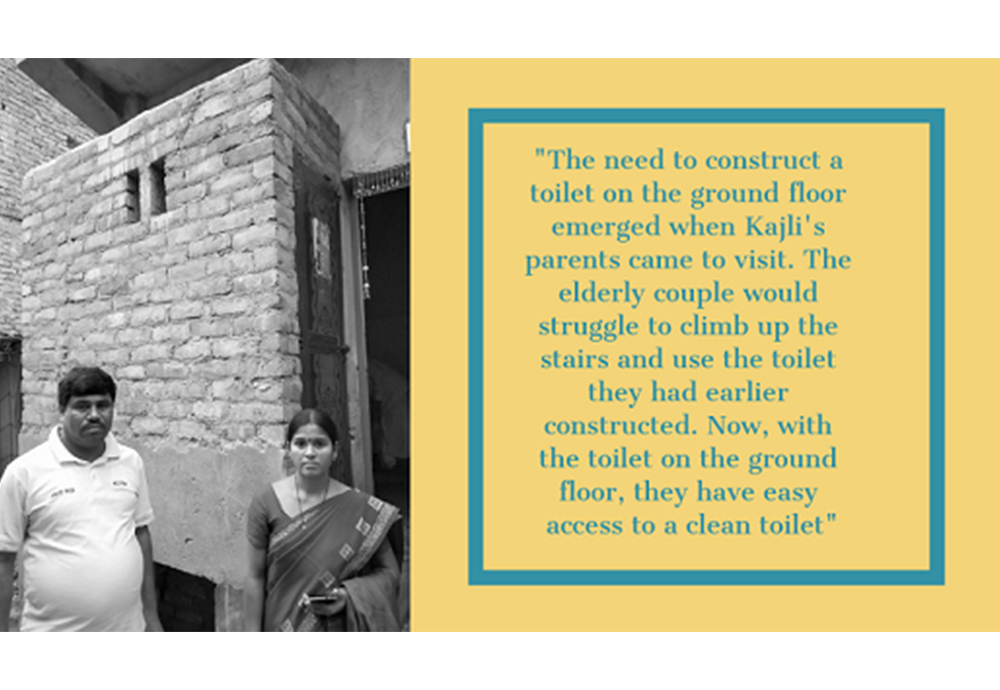Advancing Women Participation in Governance and Planning
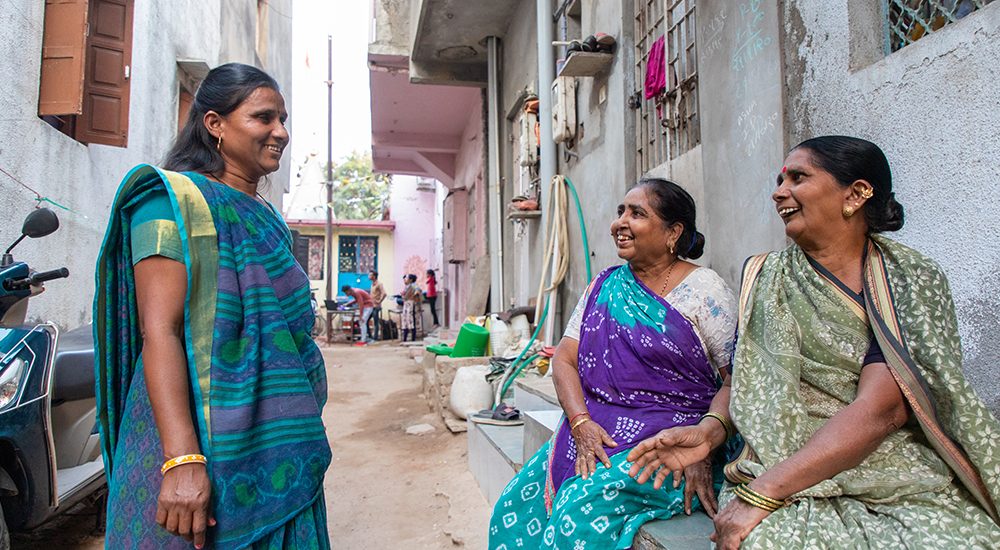
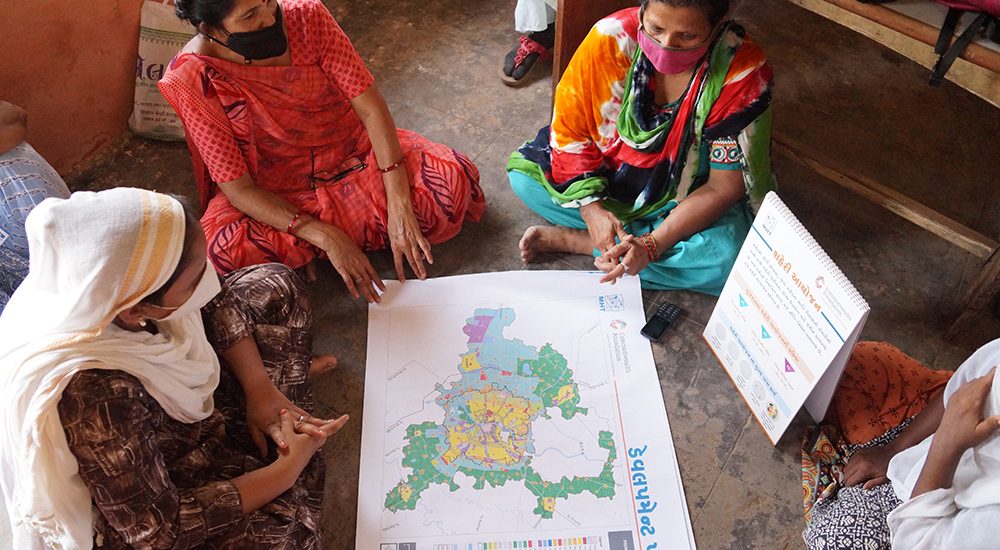
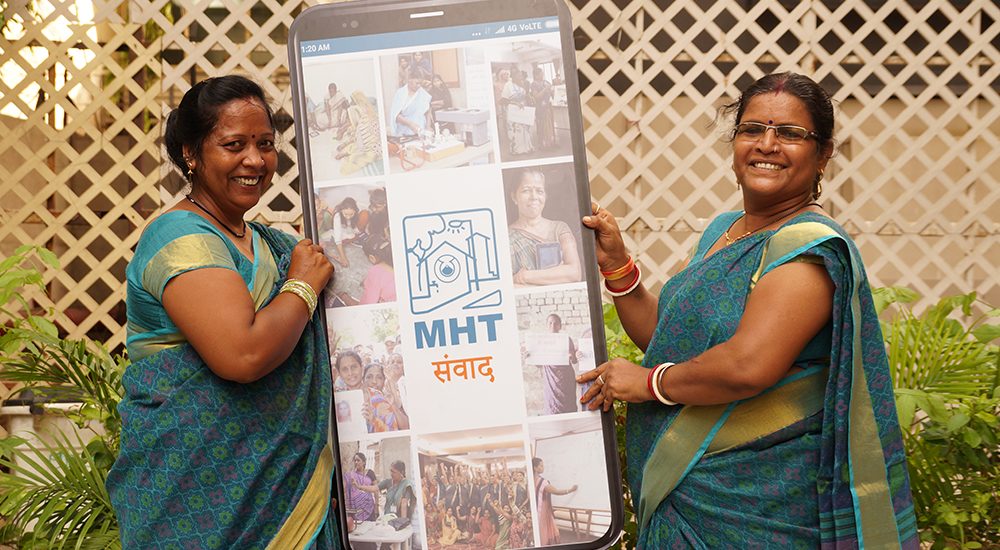
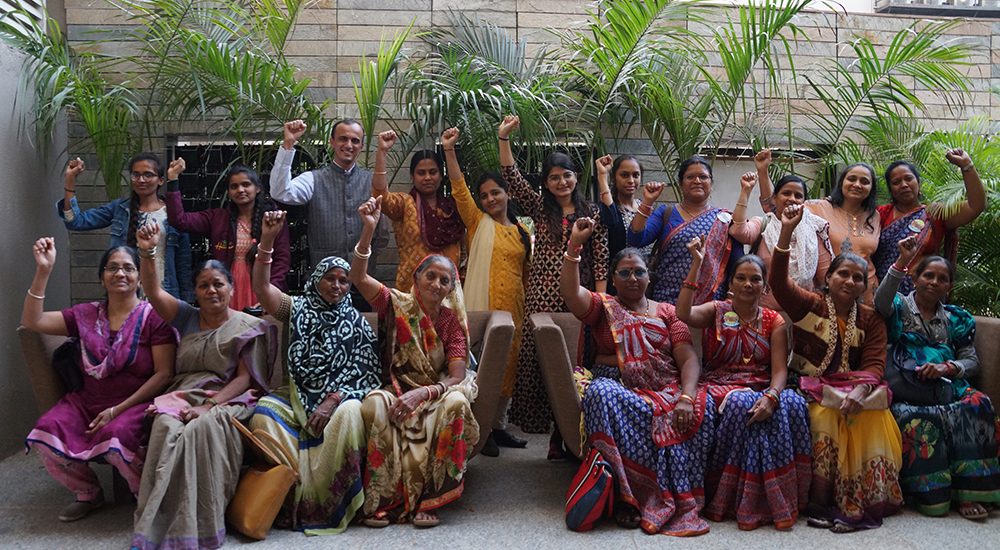
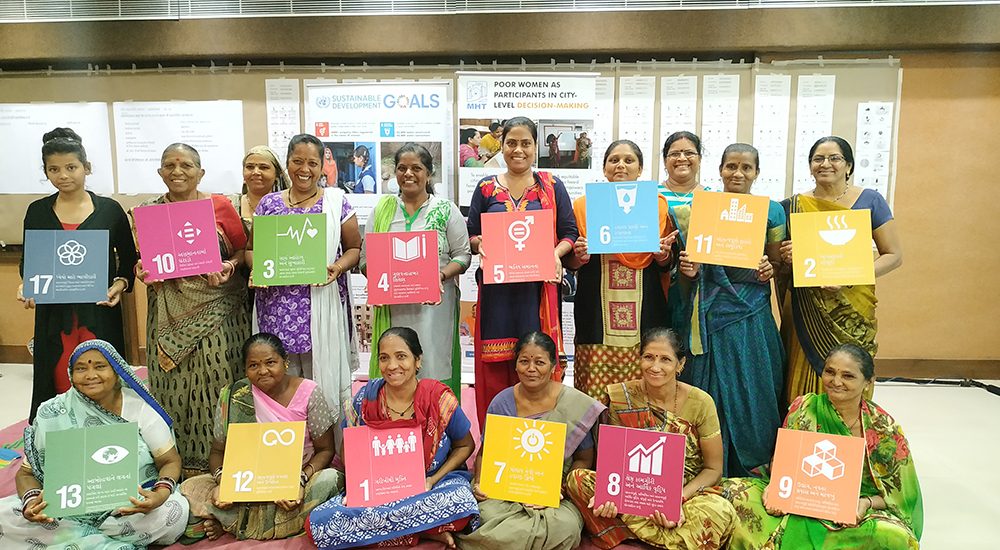
Empowering the poor, particularly women, to participate in local governance is a necessary condition to enable them to move out of the vicious cycle of poverty and realize their right to live with dignity. We provide knowledge and skills to women community leaders so they can claim opportunities to engage in decision-making, especially at the local government level.
Creating and strengthening women’s collectives to lead grassroots action
We mobilize women and girls from urban poor communities to help form collectives that function as units of governance at the neighbourhood level. These collectives, called Community Action Groups (CAG)s identify, raise, and address pressing concerns of the community and also coalesce at the ward and city level to share their experiences, identify development issues in their neighbourhoods and cities, and work with government institutions to address them. These women’s collectives have represented the needs and concerns of poor women in multi-stakeholder dialogues and policymaking processes, including the formulation of the City Sanitation Plan (2012), the Zero Waste Strategy (2013), and the Heat Action Plan (2017).
Training women to engage with urban planning and governance systems
MHT has developed a training program with sector experts, professionals, and women community leaders themselves to stimulate participation in local governance and planning. The training includes knowledge- and skills-focused modules covering topics like governance and electoral processes in India, reading and understanding plans and the plan-making process, current and proposed projects in the city, understanding budgets, the functioning of local government and planning agencies, communication, persuasion, and problem-solving.
More recently, we collaborated with other grassroots and institutional partners on the Main Bhi Delhi Campaign to increase public awareness and participation in Delhi’s master planning process.
Leveraging digital technology to promote citizen participation
Advances in digital technologies have offered extended opportunities for information exchange, facilitated public services, and allowed citizens to take an active part in public decision-making processes. We design and lead training on digital literacy for women and help them engage with the government equipped with the right data and information. From using spatial data to start a dialogue on expanding public bus service and contributing to citywide mobility surveys to using a mobile app to disseminate crucial health related information during Covid 19, our grass-roots women leaders are using digital technology to make public service delivery more transparent and responsive.
Impact
Resources
